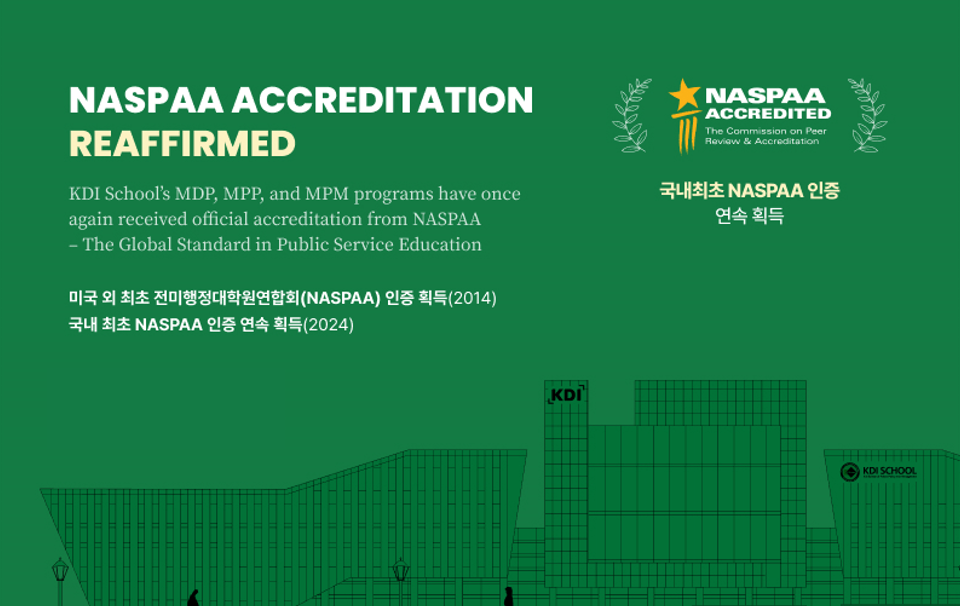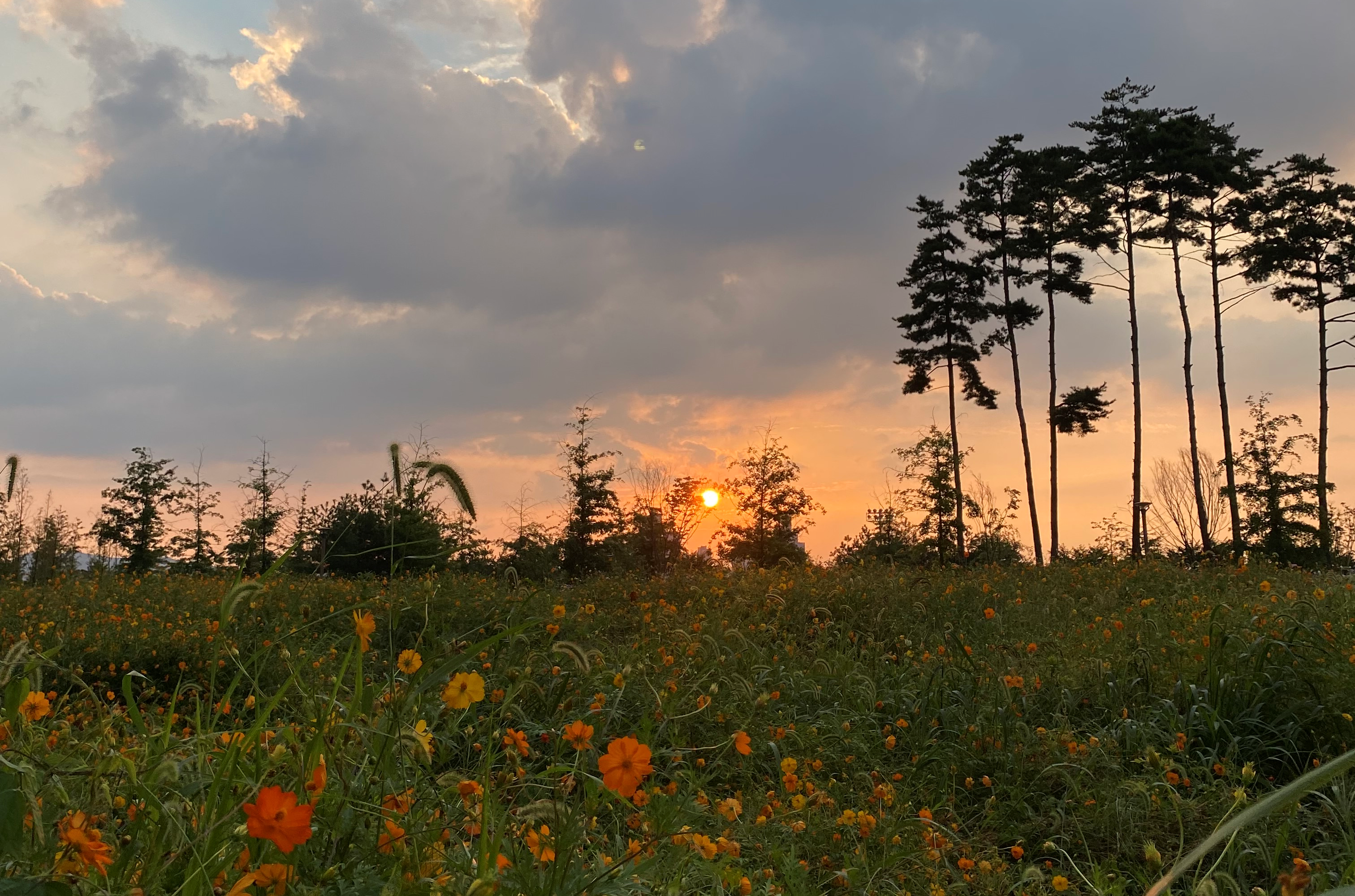
Global Research, Local Impact: Two KDI School PhD Students Making a Difference
- Date 2025-04-22 17:56
- CategoryStory
- Hit10746
At KDI School, our students don't just study development—they live it. In this feature, we sit down with two outstanding PhD candidates, Saqib Hussain and Ianja Aina, who are making waves in the world of development economics through groundbreaking, policy-driven research.
Saqib recently received the SurveyCTO Primary Data Collection Grant for his work on digital empowerment for Afghan refugees in Pakistan, while Ianja was selected for the prestigious Center for Effective Global Action (CEGA) Research Fellowship at UC Berkeley, where they are addressing food insecurity and climate resilience in Madagascar.
We spoke to them about their research journeys and how these global opportunities will help them shape their vision for development—both at home and around the world.
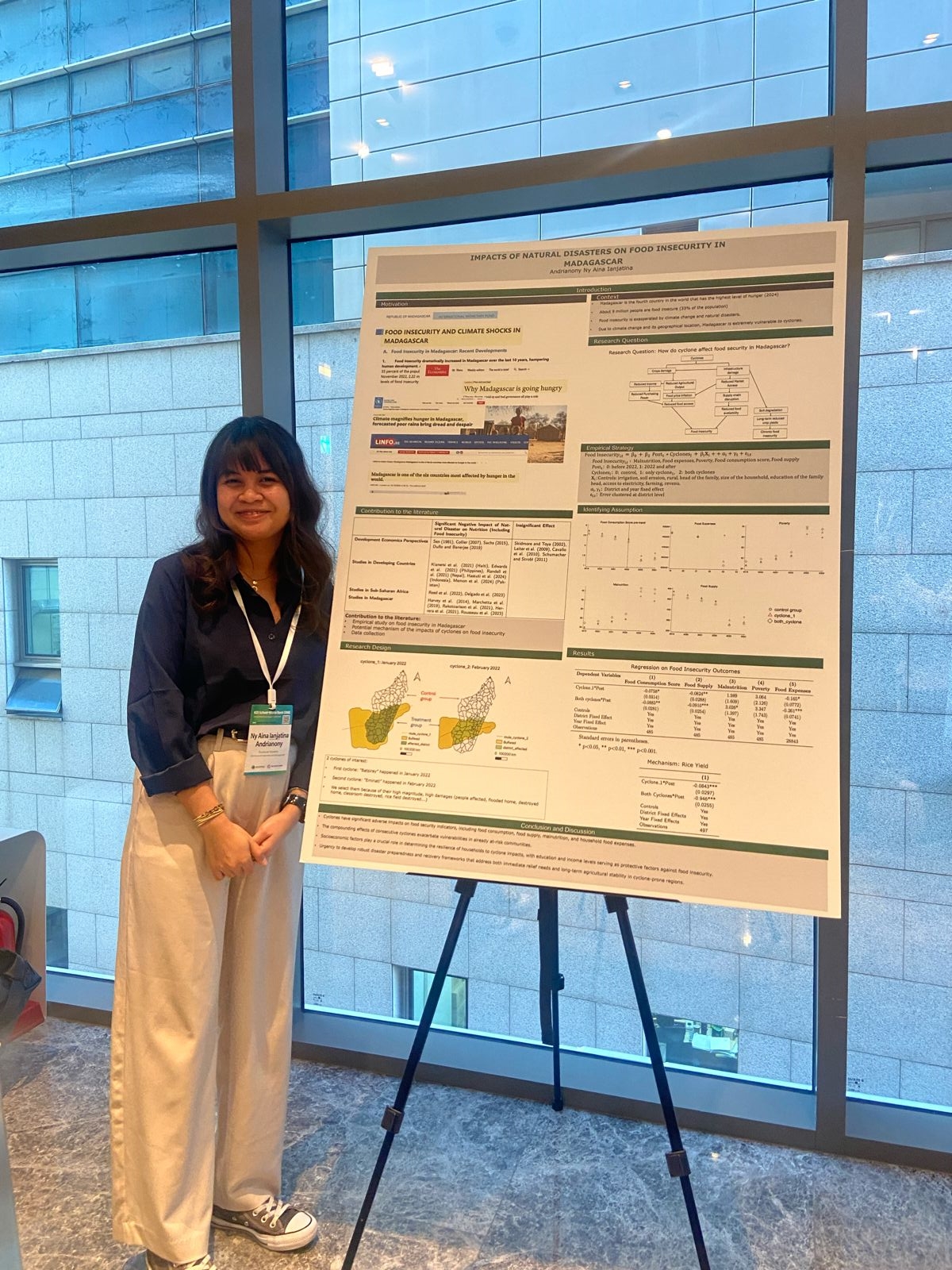
Ianja is exploring the impacts of climate disasters on food insecurity in Madagascar, with a specific focus on how cyclones affect rice yields and local economies:
“My research addresses how natural disasters deepen economic vulnerability, and how policy can respond through disaster risk management strategies.”
Her research recently earned her a prestigious CEGA Research Fellowship at UC Berkeley, a leading center in development economics. Selected from over 465 applicants, Ianja describes the opportunity as a “huge milestone”:
“Being selected for the CEGA fellowship is an incredible honor. It validates the policy relevance of my work and gives me the chance to learn from world-class researchers.”
During her four-month residency, she looks forward to engaging deeply with faculty members working on climate resilience, attending seminars, and collaborating with peers at the cutting edge of development economics:
“I’m especially excited to engage with CEGA’s projects related to poverty alleviation, climate resilience, and disaster response. The mentorship and feedback from experts will elevate the quality and scope of my work.”
Ianja acknowledges the critical role their advisors and peers have played:
“My academic advisors, professors, and fellow students have been instrumental in shaping my research direction. Their guidance gave me the confidence to pursue this opportunity.”
She also sees the fellowship as an investment not just in herself—but in her home country’s future:
“I plan to return with evidence-based insights that can inform policy on disaster preparedness and food security in Madagascar. These insights could also be applicable to other countries in Sub-Saharan Africa facing similar challenges.”
When asked what her advice to other PhD students hoping to secure competitive international opportunities, she had this to say: “Seize every opportunity. Build skills in quantitative methods and coding. Write a rigorous research proposal, and don’t hesitate to engage in discussions with professors. Programs like CEGA are looking for students who are passionate and prepared.”
While Ianja is exploring the impacts of climate disasters on food insecurity in Madagascar, Saqib Hussain’s doctoral research is focused on improving the lives of vulnerable communities. His current research project, backed by a SurveyCTO Primary Data Collection Grant, is based in Pakistan and aims to provide digital skills training to unregistered Afghan refugees, many of whom have lived in the country for over 20 years without access to formal services.
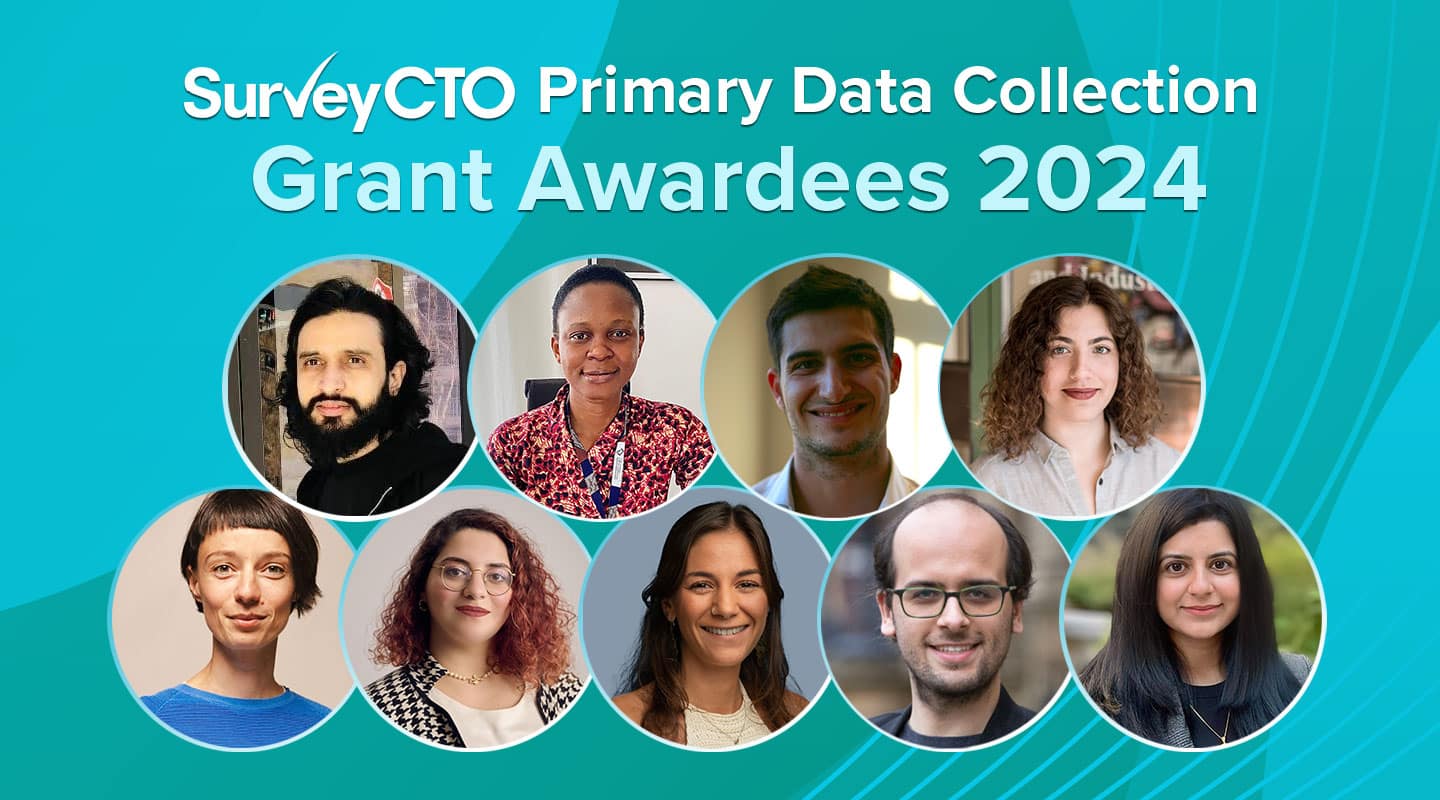
“These refugees have limited access to education, healthcare, and employment. Our initiative bypasses registration hurdles and empowers them to earn income through online work” says Saqib.
Out of 722 global applicants, Saqib’s was one of only two projects awarded full funding!
“The biggest challenge was presenting a research idea that was not only unique and feasible, but also grounded in a clear causal framework,” he explains. “I carefully structured my proposal to anticipate questions around both implementation and impact evaluation.”
Alongside financial support, the SurveyCTO grant provides a one-year subscription to advanced data tools, expert mentorship, and co-marketing opportunities. These resources are critical for researchers working on primary data collection in under-resourced contexts.
Like Ianja, Saqib credits his academic mentors and peers for their role in shaping his success:
“Their feedback helped sharpen my ideas and kept me grounded throughout the process. Having a supportive academic environment makes a huge difference.”
He hopes the outcomes of his research will directly influence national policies in Pakistan:
“If we can show how small investments in digital upskilling change the lives of vulnerable youth, we can pave the way for scalable, sustainable policy interventions that benefit not only Afghan refugees but other marginalized groups as well.”
To fellow PhD students, Saqib offers this advice:
“Identify real development challenges and create actionable, well-structured proposals. Once that’s in place, look for funding bodies whose values align with your vision—and apply boldly.”
As they take their work to global platforms like SurveyCTO and CEGA, Ianja and Saqib continue to embody the values of innovation, leadership, and development that KDI School proudly stands for.
2025 Spring / MPM / Gambia
conehmariama17@gmail.com
Related News
-
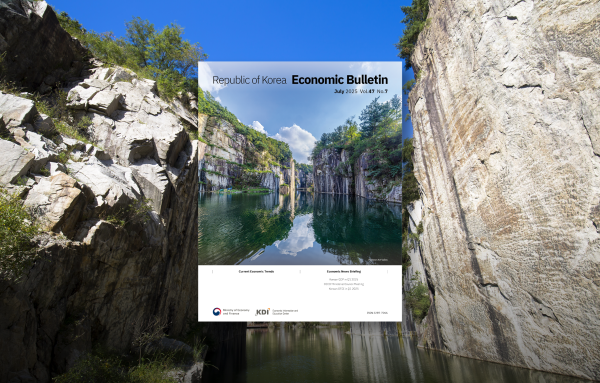
Research and Education10 days ago
Republic of Korea Economic Bulletin, July 2025#KDI #Economic #KDISCHOOL #kdischool #Economic Bulletin #Research
-
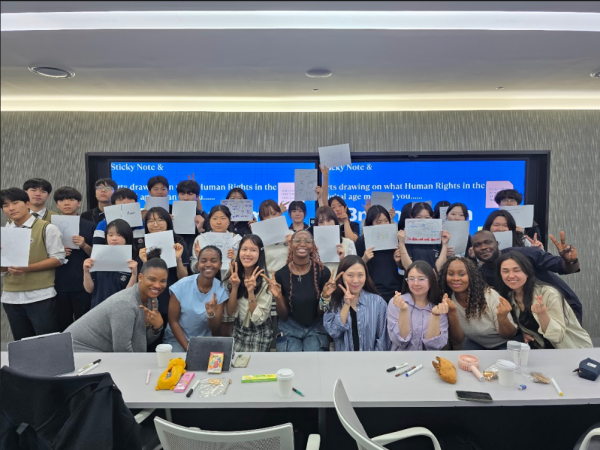
Story13 days ago
Summer 2025 Talent Donation Program: KDIS Forums Host Sejong High School Students#KDISCHOOL #KDIS #student #talent donation #student forums #student clubs
-
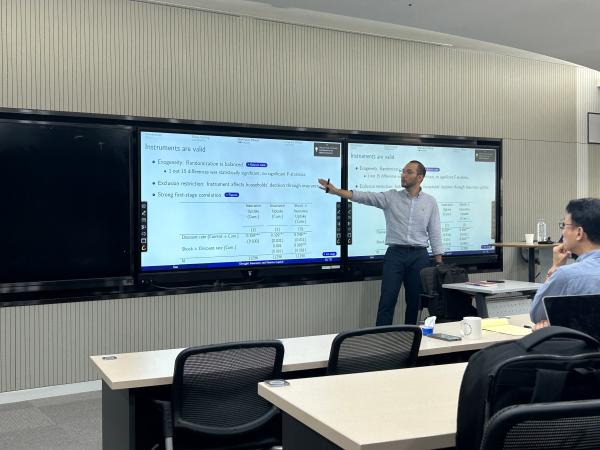
Research and Education14 days ago
Research Seminar by Hyuk Harry Son from Utrecht University

